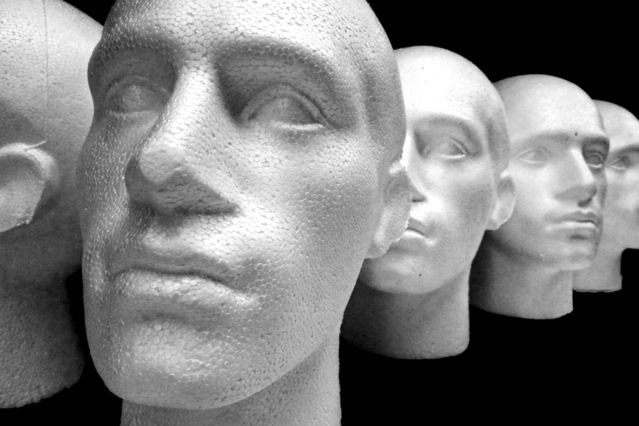Forget everything you’ve learned about privacy that’s 10 years old or more. Classic tomes on this subject (“How to Disappear Completely and Never Be Found!”) are quaint, but hopelessly outdated. In 2017, you’re not going to be able to get a new set of identification by going through microfilms of old newspapers, “adopting” the name of a child who died in infancy, then providing this information on governmental forms. Rather, you are likely to get a visit from Homeland Security. Feel I’m wrong about this? Then consider it your obligation to the rest of us by replying and setting me straight!
Similarly, stories about slipping a couple hundred to Chester down at the DMV and walking out with a freshly-minted license bearing your smiling mug and a made-up name are equally suspect—and dangerous. No, the “Chesters” of the world haven’t gotten more honest over the years; the license-issuing system has become much more standardized and the process has been refined to the point where these sorts of things are pretty much bolted down. I’ve had DMV experiences where the same person takes your information, snaps your picture, hits a button on the 'ole ID-O-Matic, then hands you the finished product… back in 1979. Not anymore, not anywhere I’m aware of. Again, if you have personal experience to the contrary—tell us about it! We don’t want to know his Chester’s real name or anything, but at least learning the state where such miracles are still possible would be most illuminating.
If your privacy goal is to disappear completely, never to be found again—you might be creating more problems than you’re solving. Everybody has a concerned "somebody" who will eventually come looking for them. Maybe with the assistance of the police. Not good. Besides, a complete disappearance is vast overkill for the vast majority of us who are not fugitives.
Rather, my favored strategy is something of a hybrid: Maintain your birth-name or the name by which you are known to officialdom (your “Person Of Record”). Continue to identify yourself by this name only in those areas where it would be difficult—if not impossible—to engineer an alternative: Driving, accessing health care, or working (unless you are self-employed, the favored way to go). Everything else (maintaining a residence, car registration, banking, communications, and all things on-line) is conducted under one or more pseudonyms Virtual Selves) constructed in such a way so as to create no connection with Person Of Record or any of his known contacts. So while Person of Record has an official address, he never seems to be there. Does he have a phone and an email address? Yes… but he doesn’t seem to access them much.
By implementing my strategies, Person Of Record remains plugged-in to the informational grid just enough to get him marked “present” by the system (and he’ll instantly become aware of any long-lost relative is attempting to make contact) but in every other way, he is a ghost.
So does it bother me that my Samsung Galaxy 8s is spying on me, tracking my every move, and beaming this info off to god-knows-where? Yes. But since my phone is officially owned and operated by Elmer Fudd of 1313 Mockingbird Lane and is never used to communicate with any known contact of my Person of Record, I sleep pretty well at night. A perfect workaround? Hardly. But that one simple trick solves about 95% of the smartphone privacy issues for about 99% of us. And if you need to bump up those percentages keep reading. There’s much more on the way!

Welcome to steemit @privacybob , i hope we can be friend :)
Absolutely! Thanks for the kind words.